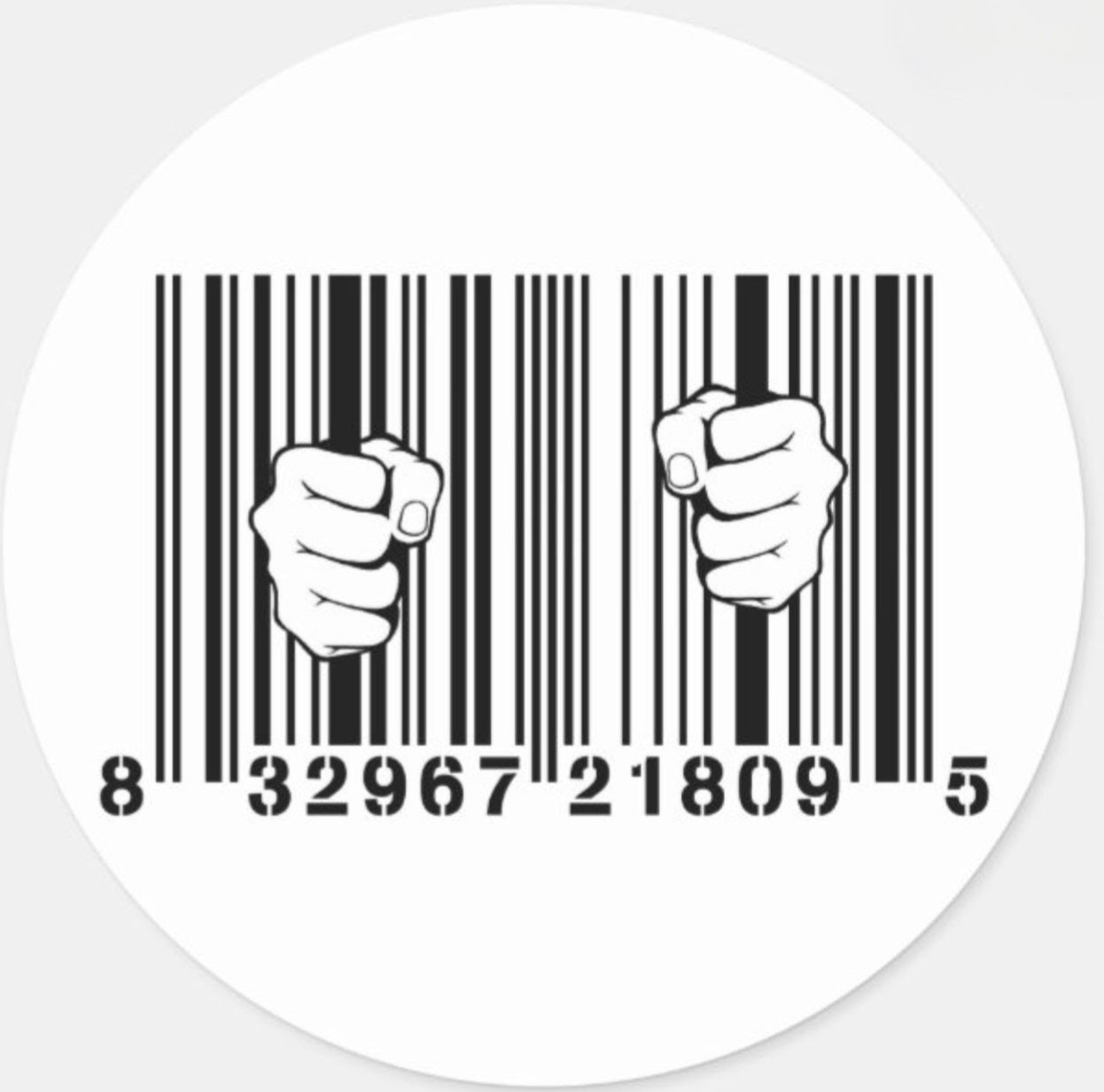Liberal democracy is not the singularity of politicso
- 14 Posts
- 345 Comments
So, add a recall election mechanism and let everything else play out the same?
No, that’s not what I said. I want to abolish rulers completely.
Council democracy isn’t based on electoral parliament, but on general assemblies.
A council democracy, for example. Or a federated commune of communes.
Only [by] voting you can ask to elected people to change things.
How about we replace that system with one where we don’t have to ask nicely to change things for the better?

 4·3 days ago
4·3 days agoNot working on voyager. ;_;

 3·3 days ago
3·3 days agoSometimes it feels like the opposite of meditation where I can feel something tugging “up” in the top center of my skull when “reading” one of those pages but don’t remember what the page was about.
This is your brain on slop.

 4·3 days ago
4·3 days agoSearxng and ddg? Nice! 🤩🤩
Thanks a bunch! ❤️

 12·3 days ago
12·3 days agoThe text is definetly slop, though.

 5·3 days ago
5·3 days agoNeat… Is there an alternative for people who don’t use google? 😅
Ser Jaime Lannister!
Only if it’s a global alias, I think (those are useful for stuff like
alias -g DN=/dev/null)
Still the same in 2026

 1·11 days ago
1·11 days agoThe metadata-issue is addressed in their FAQ
And to the blocking issue:
There are significant benefits to using email as transport in a hostile network environment. As mentioned above, it is infeasible to block email protocols across a network, because everyone relies on email for everything. Since there’s no way to differentiate Delta Chat messages from emails on a network, Delta Chat protocols can’t be blocked without blocking all email. Individual Delta Chat servers can be blocked, but the protocol cannot be blocked network-wide.

 2·11 days ago
2·11 days agoDeltachat is really good, decentralized and basically unblockable (unless the government blocks the email protocol… which would break the internet)

 2·11 days ago
2·11 days agoWho is that in the second image? Looks a bit like modern Black Panthers.
Wrong comm? This is socialiet agitprop, not a description of the capitalist hellhole agitprop.

 1·14 days ago
1·14 days ago

 3·23 days ago
3·23 days agoI guess that person didn’t know they could set it up themselves. Maybe they meant that it’s installed and configured automatically on new installs.












Come again if you want to actually engage with ideas foreign to you.